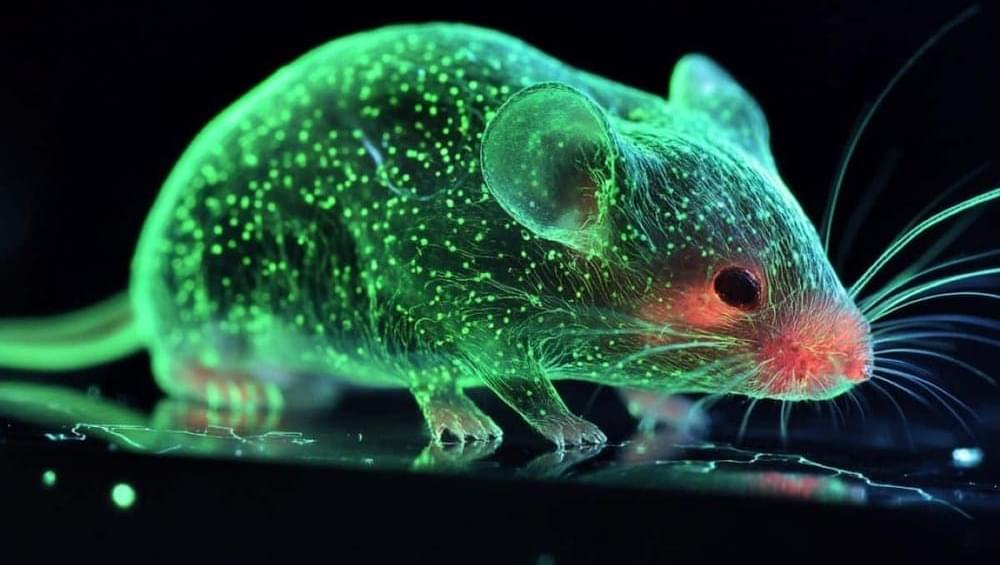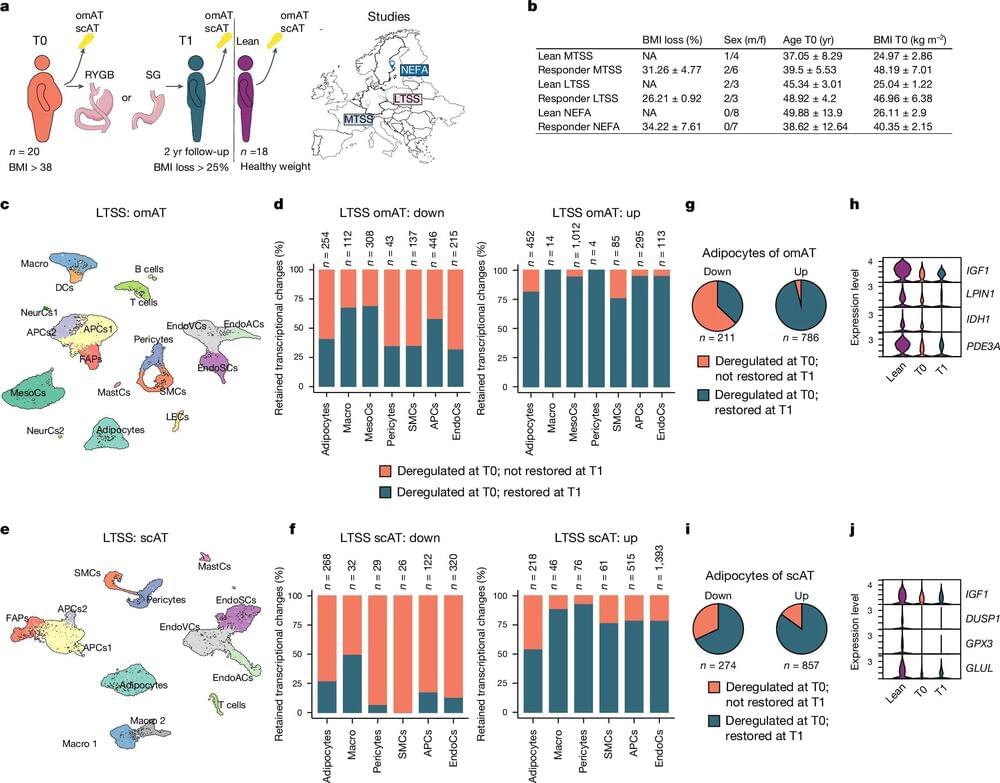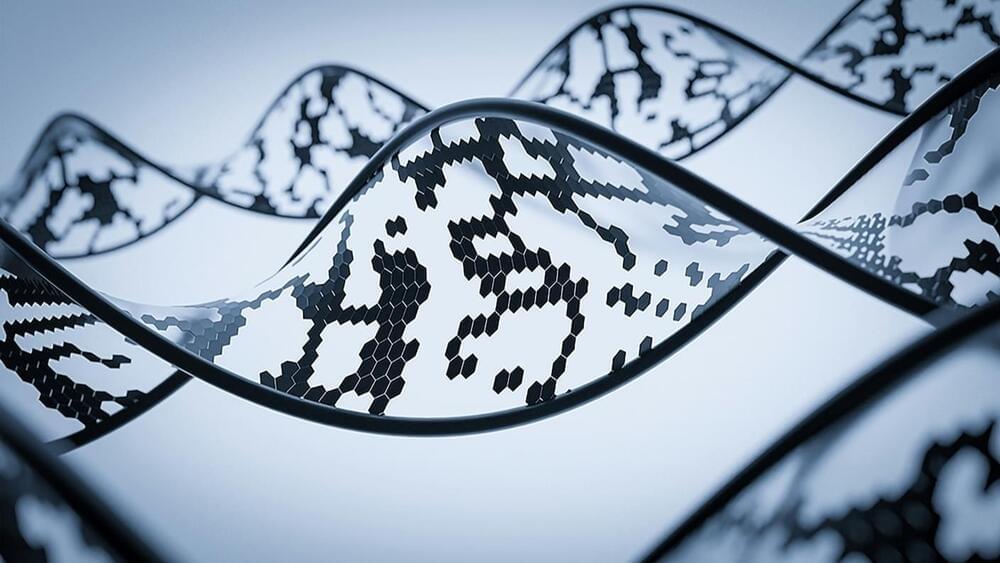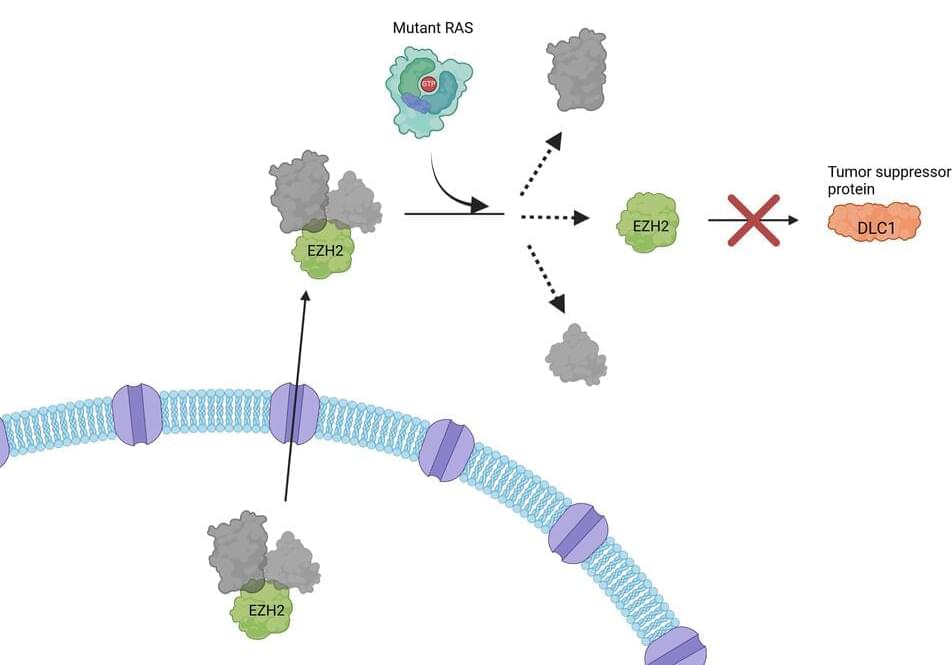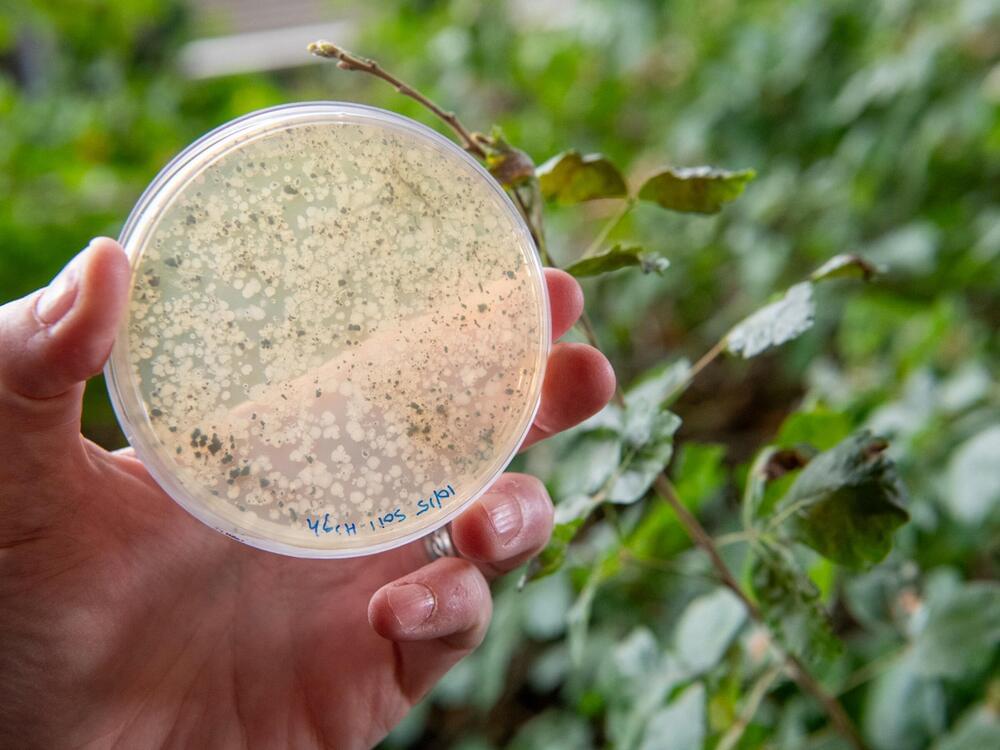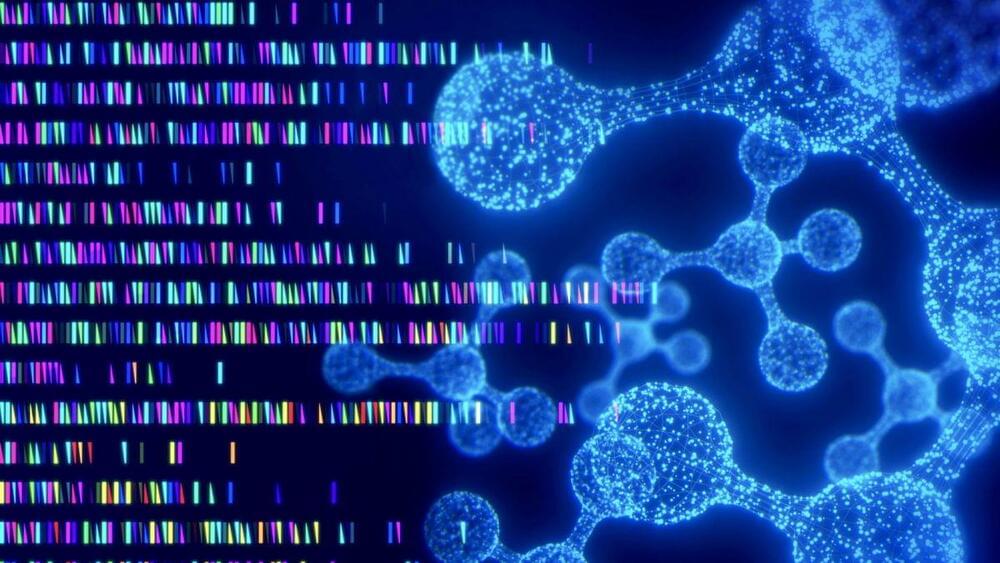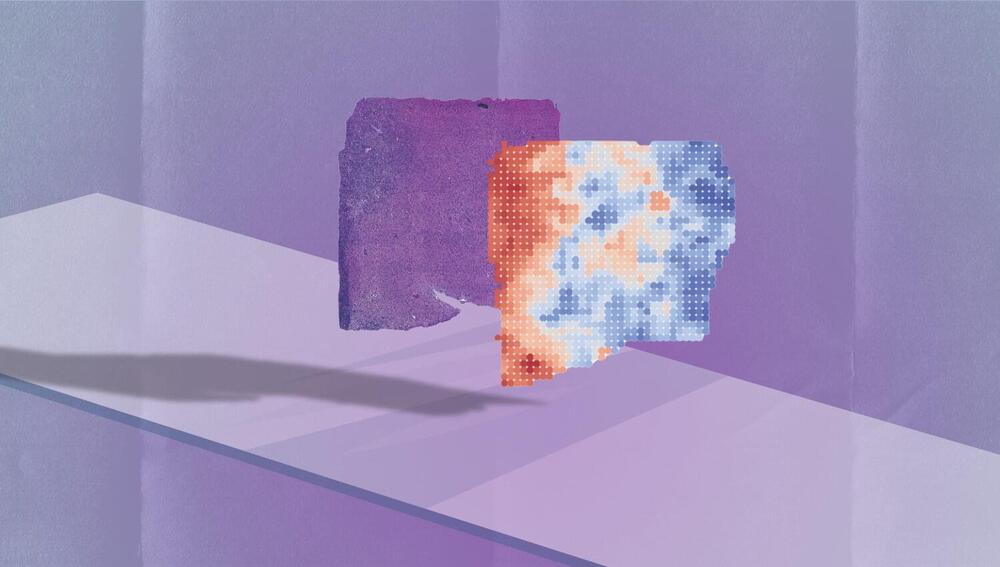Nov 20, 2024
Free Biological Age Calculator
Posted by J.P. Medved in categories: biotech/medical, genetics, life extension, robotics/AI
We converted the calculations in Morgan Levine and Steve Horvath’s famous research paper on phenotypic age into a free biological age calculator.
It’s a great (cheap) alternative to $400 epigenetic age tests and means you can test more frequently to see if longevity interventions are actually…
This free biological age calculator is based on a pioneering paper by longevity experts Dr. Morgan Levine and Dr. Steve Horvath.



